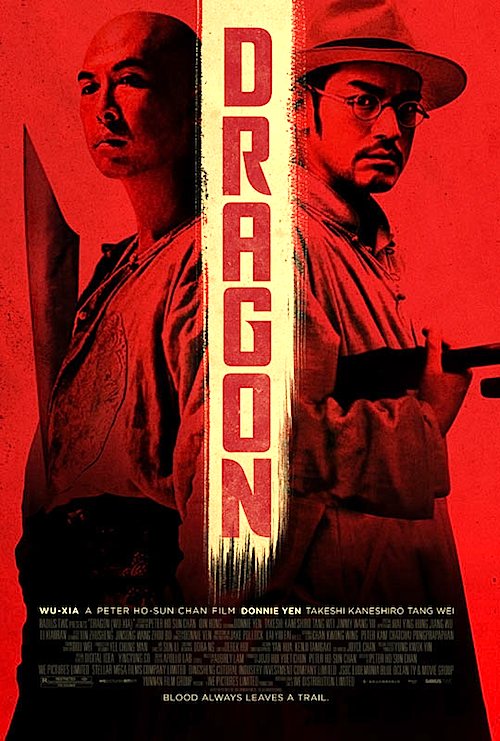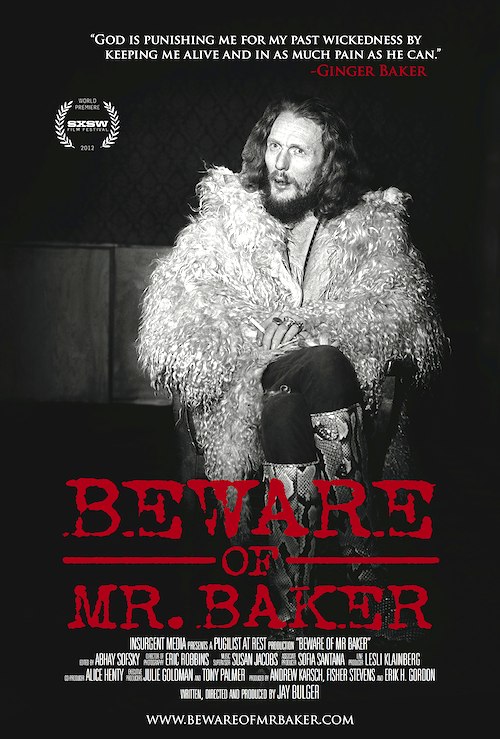By Joe Bendel. China is a big country. In 1917, a man could get lost there if he had a reason to. A court investigator suspects an unassuming paper-mill worker is such a person in Peter Ho-sun Chan’s martial arts historical-procedural Dragon (a.k.a. Wu Xia), which opens this Friday in New York.
One day, Liu Jin-xi wandered into town, catching the eye of Ayu, a single mother deserted by her husband. Liu married her, adopting her clan name and providing the sort of stability she yearned for. Then one day two escaped convicts start terrorizing the community. Liu dispatches them with a series of “lucky shots” in an unlikely melee that could have been choreographed by one of the great silent film comedians. Or perhaps not.
 Xu Bai-jiu is not buying it. Highly skilled in arcane knowledge, the investigator can practically see Liu radiating chi. Putting two and two together, Xu deduces Liu is actually Tang Long, the presumptive heir of the ruthless 72 Demons criminal clan. Unfortunately, Xu’s efforts with the corrupt judiciary attract the attention of the 72 Demons, who come reclaim their turncoat brother, one way or another.
Xu Bai-jiu is not buying it. Highly skilled in arcane knowledge, the investigator can practically see Liu radiating chi. Putting two and two together, Xu deduces Liu is actually Tang Long, the presumptive heir of the ruthless 72 Demons criminal clan. Unfortunately, Xu’s efforts with the corrupt judiciary attract the attention of the 72 Demons, who come reclaim their turncoat brother, one way or another.
Considering Wu Xia (as Dragon was then known) broke Michael Jackson’s record for the largest public billboard, one might expect it to be a big sprawling epic. Yet, Dragon is a moody character driven piece, dominated by the cat-and-mouse game played by Donnie Yen’s Liu and Takeshi Kaneshiro’s Xu. Of course, action director Yen does his thing when the Demons show up – including late 1970’s Shaw Brothers superstar Kara Hui, who appears as the Demon Master’s lethal wife. Fans will be happy to hear he stages some great smack-down action, including a super finale smartly incorporating the film’s holistic themes.
Yen has the right mix of affability and earnestness for Tang-trying-to-be-Liu. Yet it is Xu who emerges as the film’s truly tragic figure. Cerebral and intense to the point of snapping, Kaneshiro makes a great movie anti-hero. A man who uses acupuncture to deaden his emotions and holds regular dialogues with his subconscious, Xu’s unyielding fealty to the letter of the law bears bitter fruit for everyone, most definitely including himself. Tang Wei is also right on the money as the sensitive Ayu, still struggling with abandonment issues.
Chan knows his way around the set of a large scale action film, having helmed The Warlords and produced Teddy Chen’s high octane Bodyguards and Assassins. He certainly delivers the martial arts goods, but it is his early scenes establishing Liu as a family man, filmed with a pastoral beauty by Jake Pollock or Lai Yiu-fai, that set-up the film’s dramatic essence so effectively. It is a life viewers will agree is worth fighting for. Smarter and more emotionally engaging than most wuxia period action films, Dragon (or Wu Xia) is highly recommended for genre fans when it opens this Friday (11/30) in New York at the Village East.
LFM GRADE: A-
Posted on November 27th, 2012 at 11:22am.

